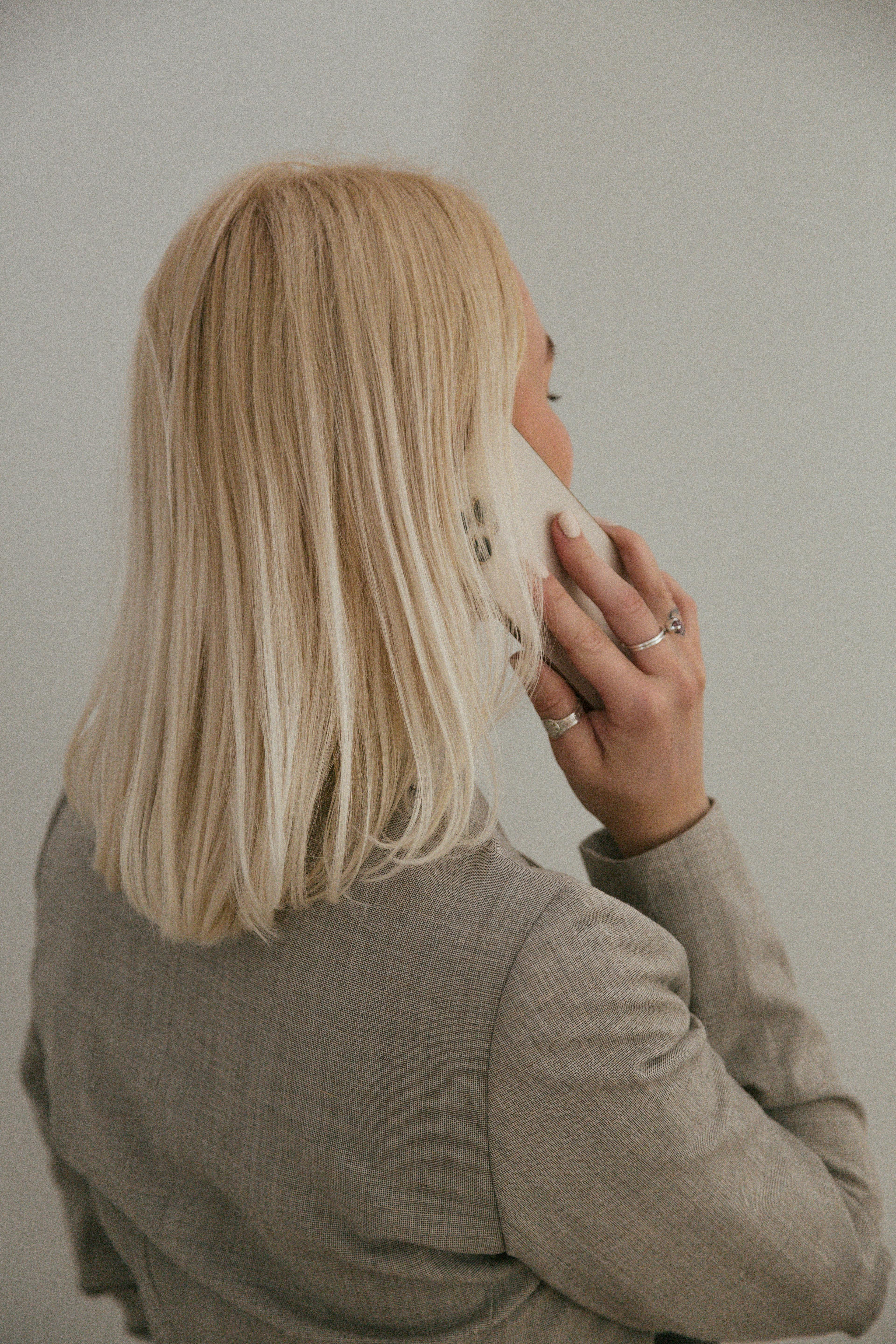Utah businesses today heavily rely on intellectual property rights to safeguard their unique ideas and brand identities. However, navigating the complex and ever-changing landscape of copyright and trademark laws can be daunting. To ensure the protection and longevity of your business, it is essential to understand how to avoid copyright and trademark infringement in Utah. By adhering to best practices and seeking the guidance of an experienced business lawyer, you can rest assured that your intellectual property remains secure and your business remains on the right side of the law. In this article, we will explore key strategies that can help you steer clear of legal complications and protect your valuable assets.
Understanding Copyright and Trademark Laws
In today’s digital age, understanding and adhering to copyright and trademark laws is crucial for individuals and businesses alike. Copyright infringement refers to the unauthorized use or reproduction of someone else’s copyrighted work, such as music, books, or artwork. Trademark infringement, on the other hand, involves unauthorized use of another party’s registered trademark, such as a brand name or logo. These laws are put in place to protect intellectual property, ensuring that creators and businesses have exclusive rights to their work and can financially benefit from it.
1. Conducting Thorough Research
Before creating any new work or using existing copyrighted or trademarked materials, it is important to conduct thorough research. Start by familiarizing yourself with copyright and trademark laws specific to the state of Utah. Each state may have variations in their laws, so it is essential to understand the local regulations.
Next, research existing copyright and trademark registrations to ensure that your work or intended use does not infringe upon someone else’s rights. Utilize online databases and search tools to check for any existing copyrights or trademarks that may be similar to your proposed work or use. This research will help you avoid unintentional infringement and potential legal consequences.

2. Creating Original Works
Creating original works is at the heart of respecting copyright and trademark laws. Whether you are an artist, writer, musician, or business owner, striving for originality in your creative works is essential. By producing original content, you ensure that you are not copying or plagiarizing someone else’s work.
To avoid plagiarism and copying, always acknowledge and give credit to the original creators by using proper citations and attributions. This is particularly important when using quotes, images, or ideas from others in your work. By properly crediting the original source, you demonstrate respect for intellectual property rights and help prevent potential legal issues.
3. Obtaining Permission and Licensing
Obtaining permission from copyright and trademark owners is crucial when using their protected works. If you wish to use copyrighted material, such as a song or a book excerpt, reach out to the copyright owner and seek their permission. This can usually be done through a licensing agreement, specifying the terms and conditions of use.
Additionally, it is important to understand the concept of fair use and public domain. Fair use allows limited use of copyrighted material without permission, typically for purposes such as commentary, criticism, or education. Public domain refers to works that are not protected by copyright and can be freely used by anyone. However, it is always advisable to consult with an attorney to determine whether fair use or public domain applies to your specific situation.
4. Trademark Searches and Clearance
If you are planning to create a brand, it is essential to conduct comprehensive trademark searches to ensure your intended trademark does not conflict with existing trademarks. This involves researching existing registered trademarks and examining similarities or potential infringement issues. An experienced trademark attorney can assist you in conducting thorough trademark searches and provide guidance on obtaining clearance for your desired trademark.
Working with a trademark attorney is especially recommended to avoid creating a brand that is too similar to an existing trademark. Similar or conflicting trademarks can lead to confusion among consumers and may result in legal disputes. By conducting proper trademark searches and obtaining clearance, you can protect your brand and avoid unnecessary legal complications.
5. Proper Use of Copyright and Trademark Notices
Understanding the proper use of copyright and trademark notices is essential for establishing ownership and protecting your intellectual property rights. The copyright symbol (©) is used to indicate that a work is protected by copyright, while the trademark symbols (® and ™) signify registered and unregistered trademarks, respectively.
When using copyright and trademark notices, they should be placed in a visible and prominent location, such as at the bottom of a webpage or on the title page of a book. This helps notify the public of your rights and deters potential infringers. Consult with an attorney to ensure you are using the appropriate copyright and trademark notices for your specific works.

6. Intellectual Property Contracts and Agreements
To provide further protection for your intellectual property, it is highly recommended to use written contracts and agreements. A well-drafted contract can establish clear rights, responsibilities, and ownership of intellectual property between parties. When it comes to copyright and trademark agreements, it is crucial to involve an attorney who specializes in intellectual property law.
These contracts may also include important clauses such as non-disclosure and non-compete agreements. Non-disclosure agreements prevent confidential information from being shared with third parties, while non-compete agreements restrict individuals from competing with your business using similar intellectual property. Including these clauses ensures the utmost protection for your intellectual property.
7. Monitoring and Enforcement
Regularly monitoring for potential infringements is a proactive approach to protecting your copyrights and trademarks. This involves monitoring various platforms, such as the internet, social media, and marketplaces, to identify any unauthorized use of your intellectual property. By being vigilant and promptly identifying infringements, you can take appropriate action to enforce your rights.
When it comes to enforcing your intellectual property rights, it is advisable to work with an experienced intellectual property attorney. They can guide you through the legal process and help you take necessary steps, such as sending cease and desist letters or filing infringement lawsuits, to protect your intellectual property.

8. Resolving Copyright and Trademark Disputes
In the event of copyright or trademark disputes, seeking mediation or alternative dispute resolution methods can help resolve conflicts in a more amicable manner. Mediation involves working with a neutral third party to facilitate discussions and find mutually agreeable solutions. This approach can save time, money, and allow for more creative problem-solving.
However, if alternative dispute resolution methods are unsuccessful or not feasible, litigation may be necessary to enforce your rights. Consulting with a business lawyer experienced in intellectual property disputes is crucial in such situations. They can guide you through the complex legal process, represent your interests in court, and help determine the best course of action for your case.
10. Frequently Asked Questions
What are the penalties for copyright infringement in Utah?
Copyright infringement penalties in Utah can vary, but they generally include monetary damages, injunctions, and legal fees. Depending on the severity of the infringement, criminal penalties may also be imposed.
Can I trademark a name that already exists in another state?
Trademark registration is governed by federal law in the United States. Therefore, it is possible to register a trademark that is already in use in another state, as long as it meets the requirements for federal registration and does not cause confusion among consumers.
Is it necessary to register copyrights and trademarks?
While not required, registering copyrights and trademarks provides additional legal protection and benefits. Copyright registration allows you to file a lawsuit for infringement and seek statutory damages, while trademark registration provides nationwide protection and strengthens your legal rights.
How long does copyright protection last in Utah?
Under current copyright law, copyright protection generally lasts for the life of the author plus an additional 70 years after their death. However, specific circumstances, such as works made for hire, may have different durations.
What should I do if someone is infringing on my copyright/trademark?
If someone is infringing on your copyright or trademark, it is important to gather evidence of the infringement and consult with an intellectual property attorney. They can help you assess the situation, determine the appropriate course of action, and assist you in enforcing your rights through negotiation, litigation, or other means.